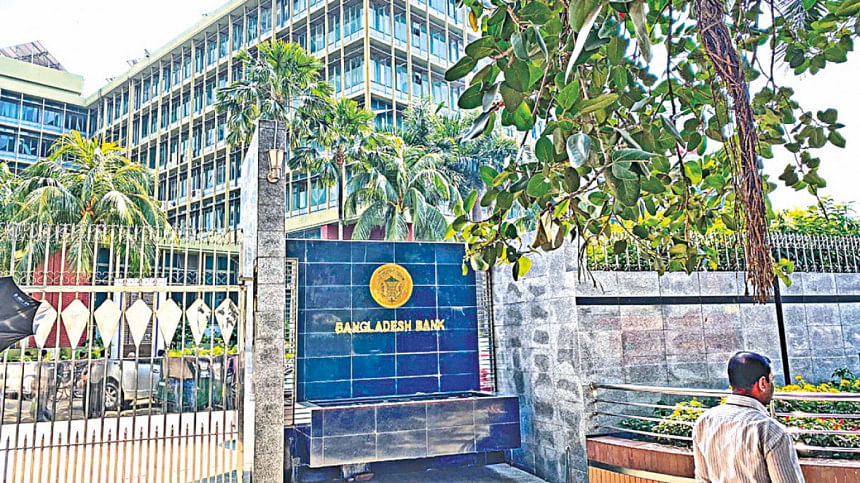BB forms panel to probe IT debacle

The central bank yesterday formed a committee to examine its latest ICT infrastructure's debacle that had halted the inter-bank cheque transactions and electronic fund transfers (EFT) more than for a week.
The committee named "ICT Infrastructure Management Team" will have to submit a report to the central bank higher-up by May 15, explaining the actual reasons behind the debacle, according to a central bank document.
The body will also detect the existing condition of the central bank's IT system and give recommendation to avoid further incidents.
Some 18 officials will work under the committee, which will also draw up short- and long-term recommendations to strengthen the ICT system.
The committee will also ensure the ICT security of the central bank as well.
Monthly update of the ICT system will have to be submitted to the higher-ups of the central bank.
Interbank electronic cheque transaction and electronic fund transfer (EFT) activities through the Bangladesh Automated Clearing House (BACH) of the central bank were suspended on April 13 due to the disconnection of an optical fibre cable between two data centres of the BB.
The central bank restored the connection between the centres – one at Motijheel and the other at Mirpur – on the evening of April 13, but the operation of the BACH had been inoperable.
The central bank restored the operation of inter-bank cheque transaction on April 18. But it took more than one week to activate the EFT.
The BACH, the first-ever electronic clearing house in Bangladesh, has two components -- an automated cheque processing system (ACPS) and the EFT.
The interbank transactions through the two digital modes are the largest in terms of number and volumes.
For instance, clients submit around one lakh interbank cheques, amounting to around Tk 12,000 crore, per day.
The ACPS uses a cheque imaging and truncation technology for electronic presentment and payment of paper-based instruments.
Under the EFT system, around 1.5 lakh transactions are settled by clients every day, amounting to Tk 1,000 crore.
Established in February 2011, the Bangladesh Electronic Fund Transfer Network (BEFTN) was the country's first paperless electronic interbank funds transfer system.
It facilitates both credit and debit transactions as a lead over cheque clearing systems.
The network can handle credit transfers such as payroll, foreign and domestic remittances, social security payments, company dividends, bill payments, corporate payments, government tax payments, and person-to-person payments.

 For all latest news, follow The Daily Star's Google News channel.
For all latest news, follow The Daily Star's Google News channel. 



Comments